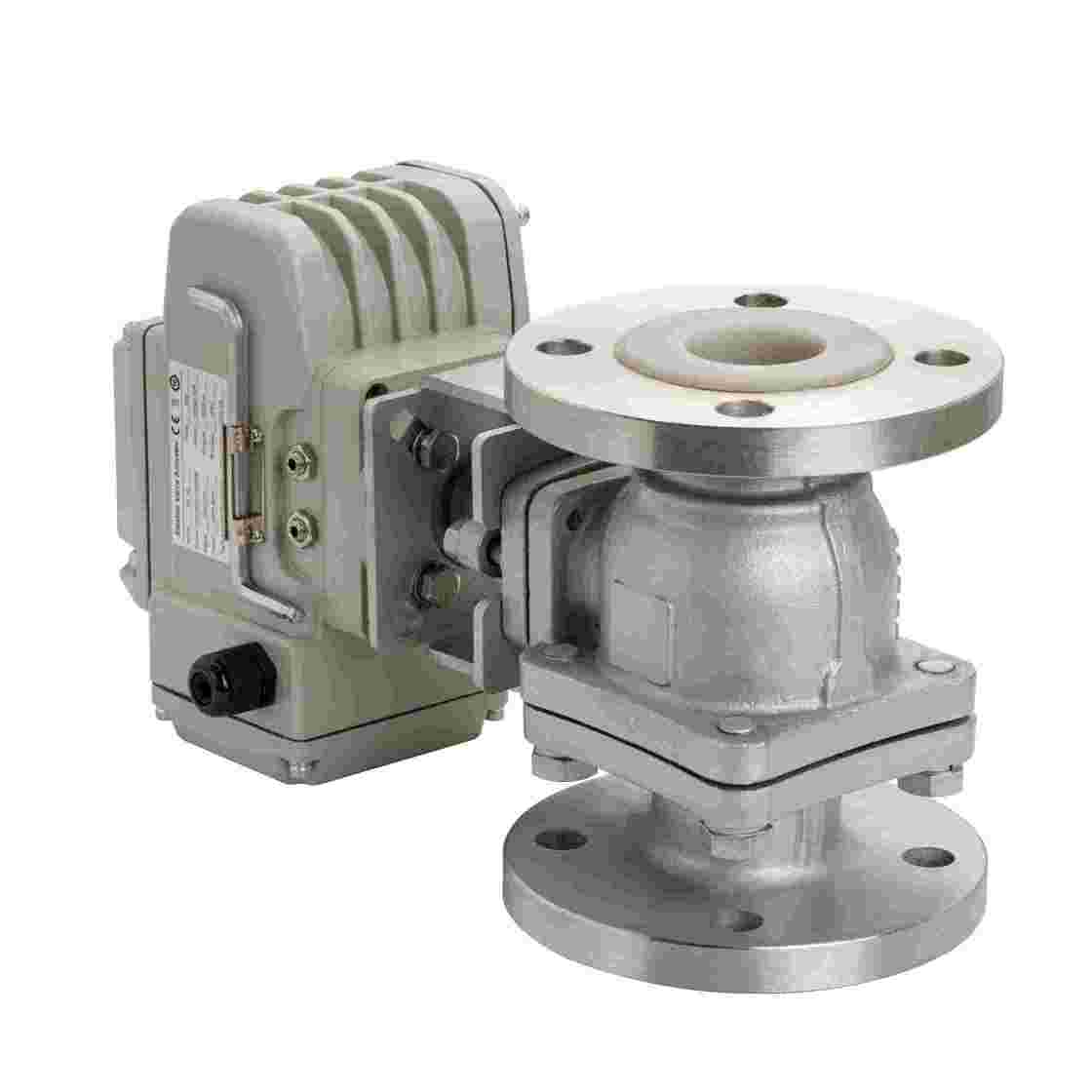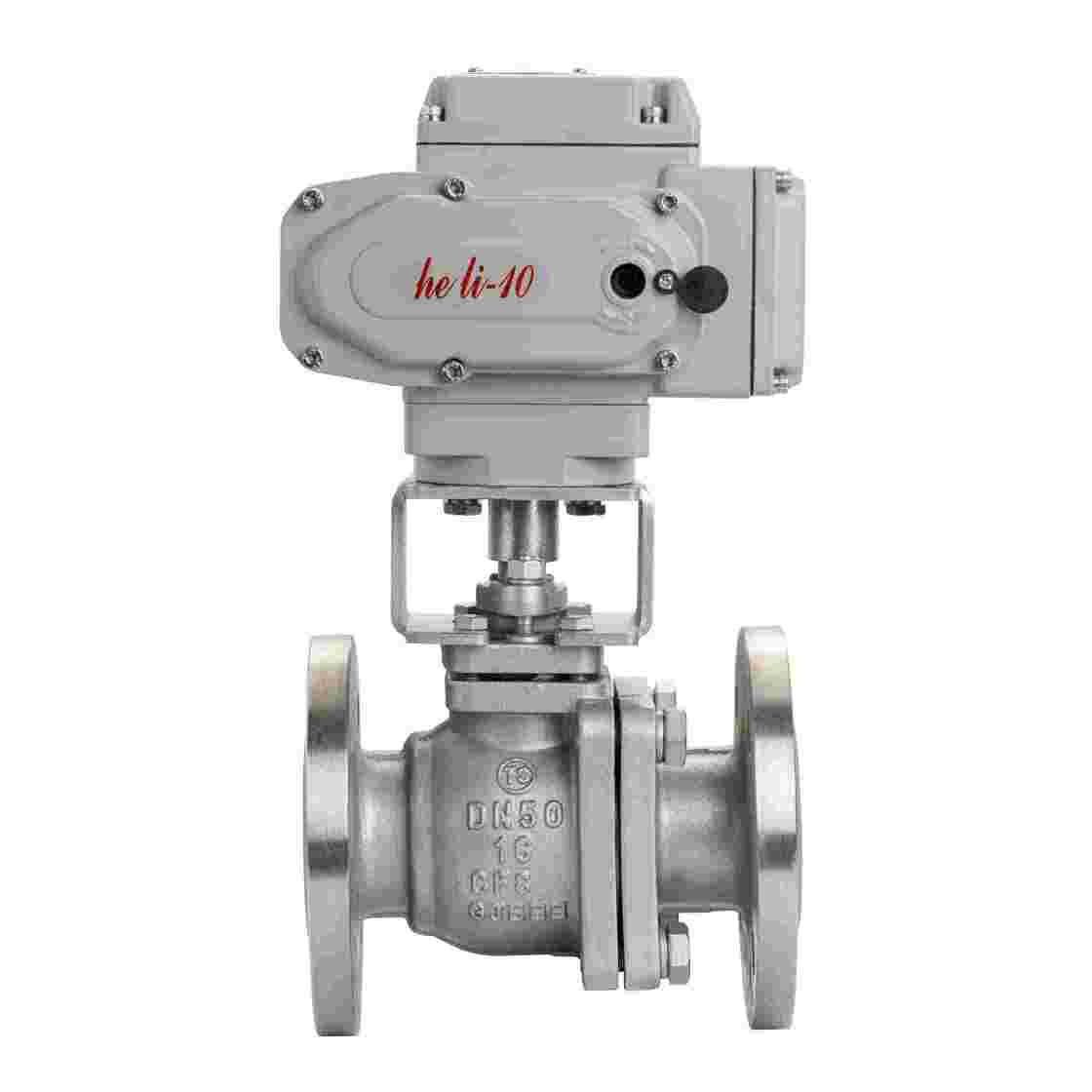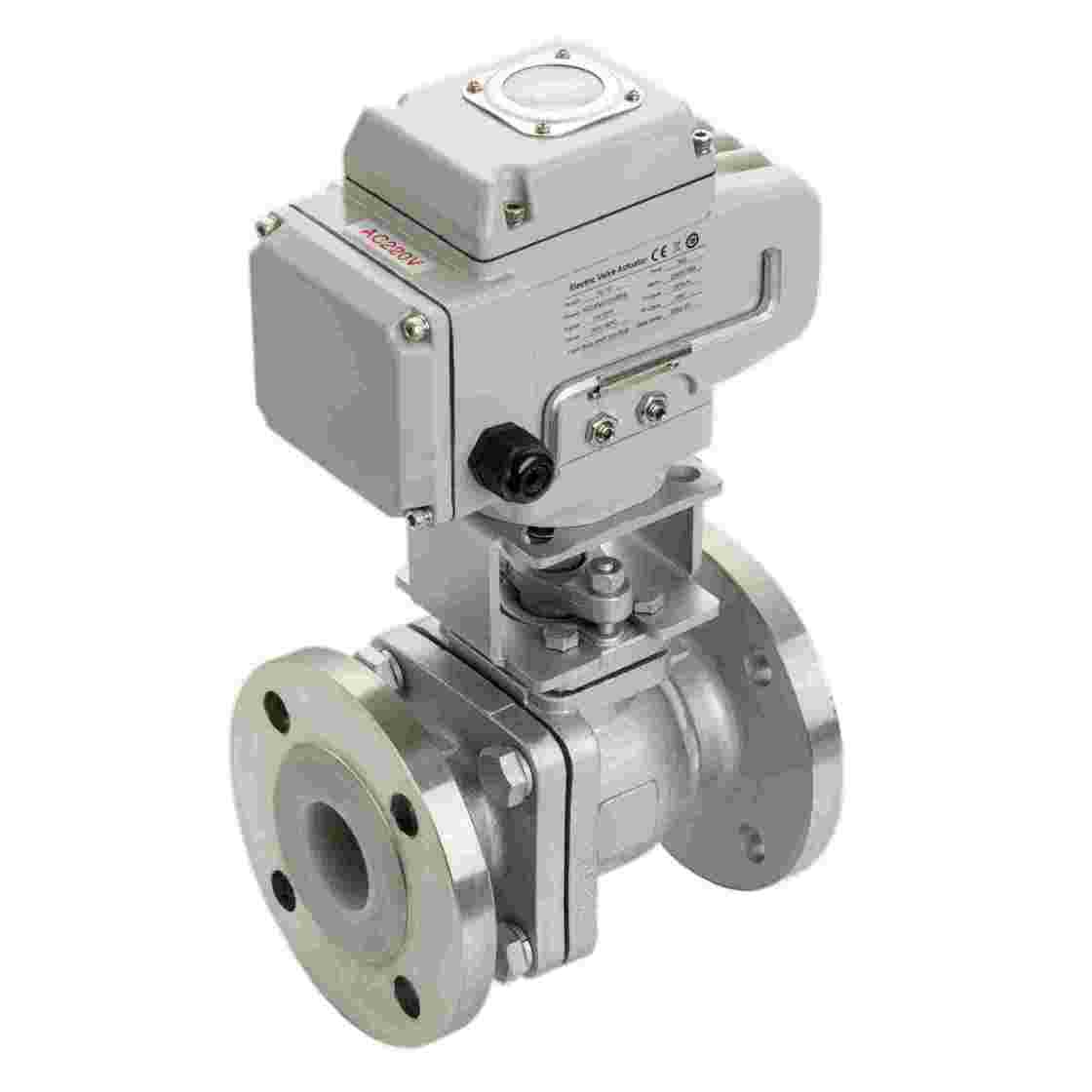hydrogen energy electric anti-corrosion ball valve: a key innovation by cnheli
Release time:2025-03-13 11:43:47

Corrosion Resistance: A Key Feature
Hydrogen gas, especially when mixed with moisture or oter impurities, can create a highly corrosive environment for metal components. Over time, this can lead to the deterioration of valves, pipes, and other essential equipment, resulting in potential leaks or system failures. CNHELI's ball valve is equipped with advanced anti-corrosion technology that ensures long-lasting durability in harsh environments. The valve's construction uses specialized materials that can withstand the corrosive effects of hydrogen, making it an ideal choice for hydrogen storage and transportation systems.

h In recent years, hydrogen energy has emerged as a promising alternative to traditional fossil fuels, offering a clean and sustainable energy source for the future. As industries strive to develop efficient and environmentally friendly systems, the demand for reliable equipment that can handle hydrogen energy has increased. One such innovation is the Hydrogen Energy Electric Anti-Corrosion Ball Valve, a product that has gained significant attention for its role in hydrogen energy systems. CNHELI, a leading manufacturer in the valve industry, has played a key role in developing this cutting-edge technology.
The Hydrogen Energy Electric Anti-Corrosion Ball Valve is designed to meet the rigorous demands of hydrogen energy applications. It is a crucial component in pipelines and systems that transport hydrogen gas, offering unparalleled reliability and safety. Hydrogen, being a highly reactive and volatile gas, can pose significant challenges when it comes to handling and transporting it. Corrosion resistance is one of the primary concerns in hydrogen systems, as the gas can cause damage to traditional metal components over time. This is where the CNHELI Hydrogen Energy Electric Anti-Corrosion Ball Valve stands out.
